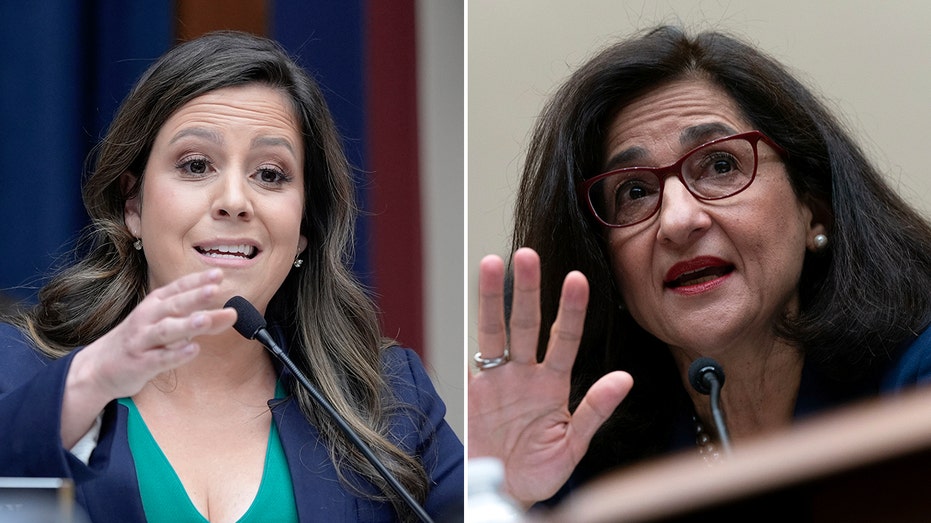Goldman Sachs: Why Budget tax hikes may hit harder than economists expect
The research from the US investment bank is the latest attempt to get to grips with the likely impact of the tax changes announced in October's Budget.


Goldman Sachs has said that tax hikes introduced by Rachel Reeves at the Budget could have a bigger impact on employment and inflation than official estimates suggest.
The research from the US investment bank is the latest attempt to get to grips with the likely impact of the tax changes announced in October’s Budget.
In the Budget, Rachel Reeves pushed up the rate of employer national insurance by 1.2 percentage points to 15 per cent, while cutting the threshold at which firms start paying the levy from £9,100 to £5,000.
Forecasts from the Office for Budget Responsibility (OBR) suggested that workers would end up bearing most of the cost of the tax rise through lower real wages, as firms cut wages and increased prices.
The fiscal watchdog said the tax hike would end up reducing labour supply by 50,000 average-hours equivalent.
Analysts at Goldman Sachs said it was “reasonable” that most of the tax rise would be passed on through lower real wages, but warned that the risks to employment were “skewed to the upside”, meaning they will be felt more acutely than is currently being predicted.
They noted that the impact of the tax hike would be felt most heavily by lower earners. The responsiveness of both labour supply and labour demand to wage changes is larger for this group, raising the chance of a larger impact on employment.
The analysts also pointed to recent academic studies, which have found that payroll taxes have “notable impacts on employment”.
In the shorter term they suggested that unemployment would rise by around 0.2 per cent as a result of the Budget, peaking at 4.6 per cent at the end of next year.
As the labour market adjusted, the analysts suggested that the longer term impact on the labour market would largely come through lower participation rather than higher unemployment.
Goldman Sachs also suggested that the tax hike would be slightly more inflationary than the OBR expects.
Firms tend to change prices more often than wages, the analysts said, while the 6.7 per cent increase in the minimum wage also prevented a big downward adjustment in wages for many lower earners.
“We therefore view a scenario with a slightly more even split between price and wage adjustment as more likely,” they wrote.
On their projections, consumer prices would increase by 0.3 per cent, whereas the OBR expected a 0.2 per cent increase.



